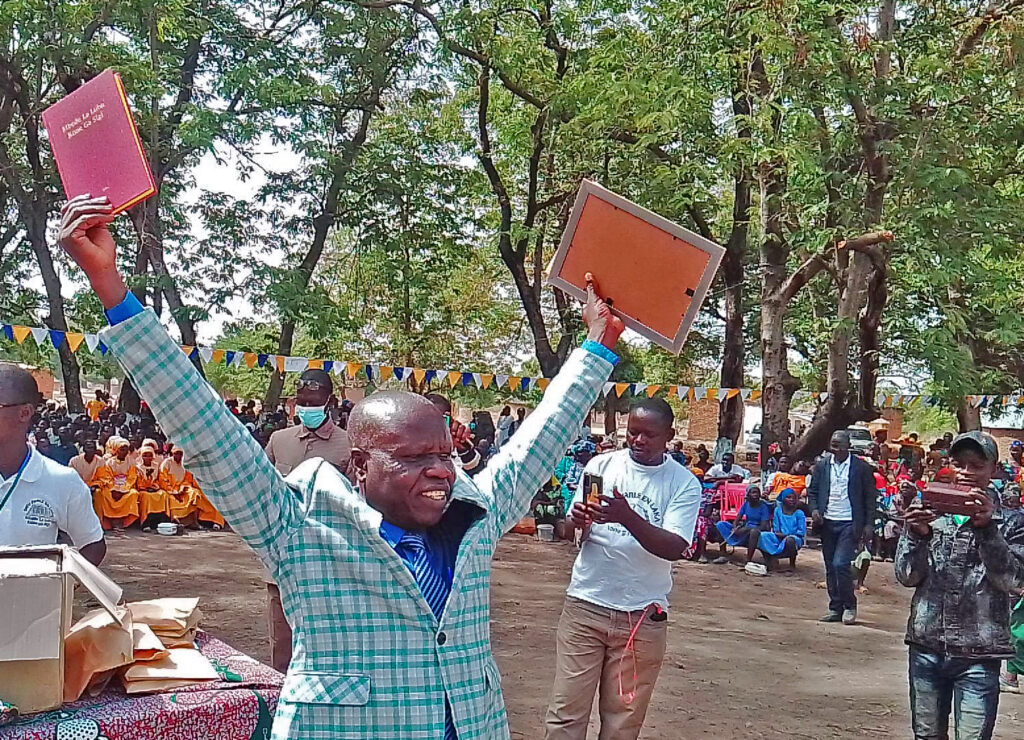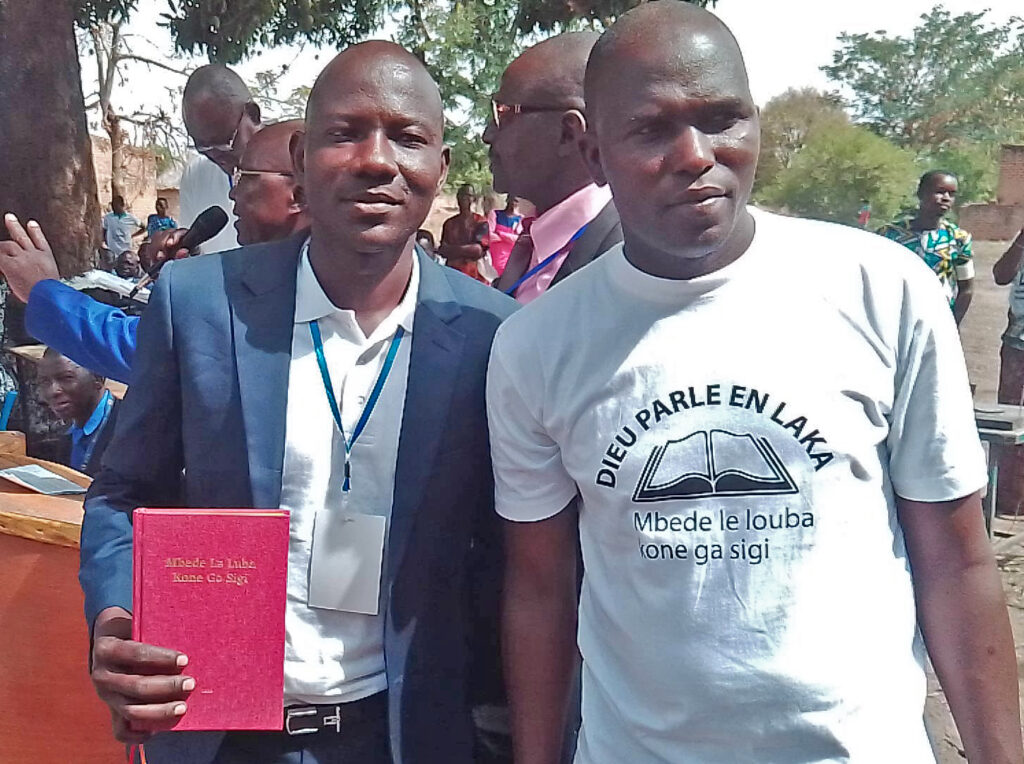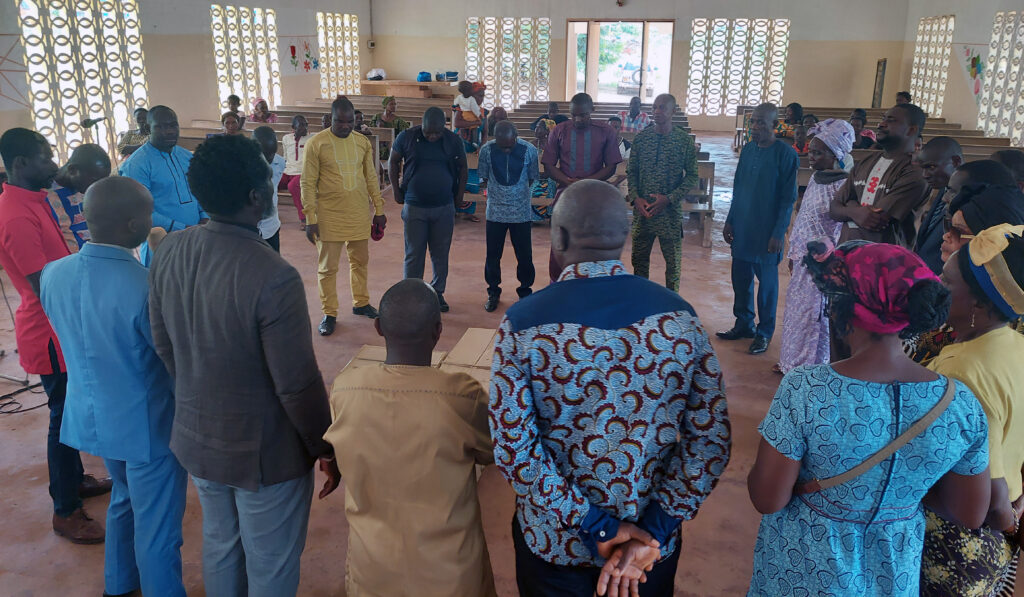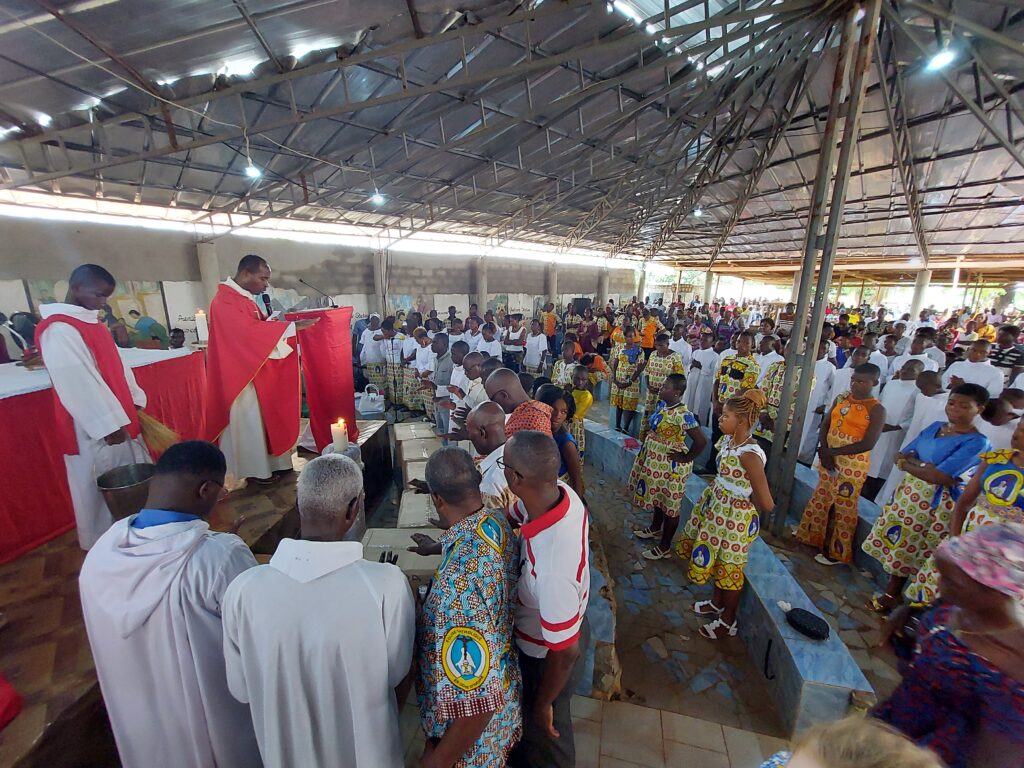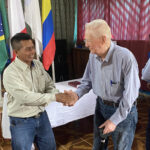A Trip to Tapen*
Here in the States, a weekend outing to a state park might take us on an enjoyable 60-mile jaunt. Takes about an hour. Good road. No potholes. Plenty of room in their van for picnic supplies and game equipment. Arrive with plenty of energy left for an active game of kick ball or a hike.
In Papua New Guinea (PNG), the Moe family** works in the village of Tapen with the Domung people to help translate the Bible into their unique and difficult language. The village is just 60 miles from Ukarumpa, the center for Bible translation work in PNG, but without aviation service, a trip to Tapen would be an ordeal for this family with four young boys. There’s no direct road to Tapen, and between Ukarumpa, at 5,000 feet above sea level, and Tapen is a deep river valley. Next comes a rugged mountain range that climbs up to 14,000 feet and then—in only 18 miles—drops all the way to sea level!
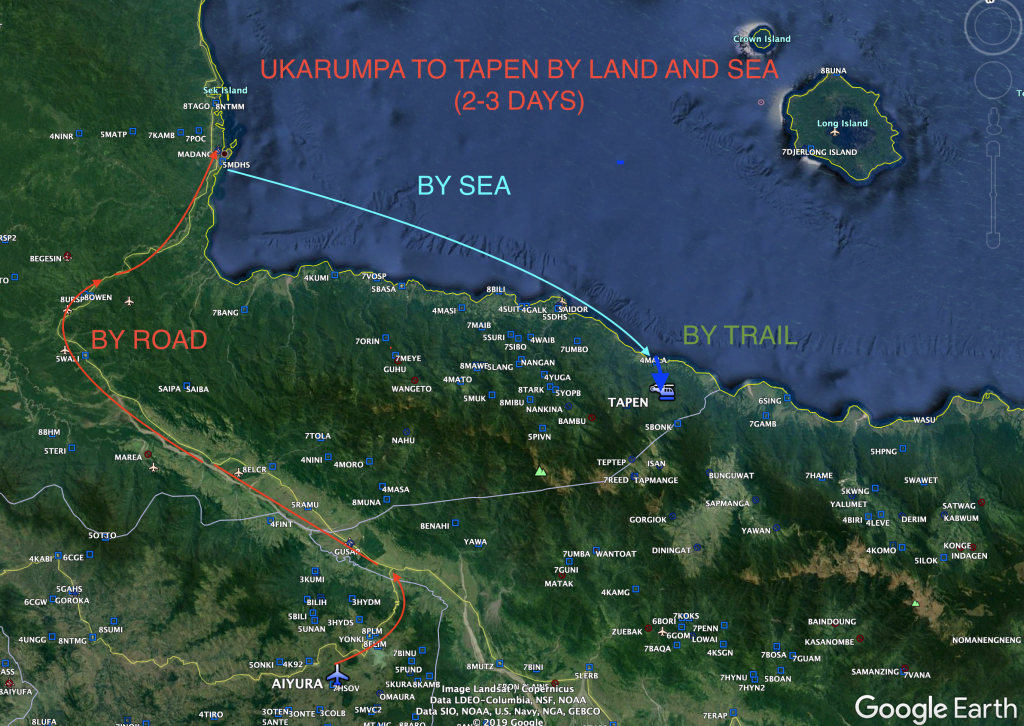
Here’s what that family trip would look like: First comes a grueling seven-hour drive to the north coast town of Madang. It’s always uncertain what challenges they might meet on the road: landslides, large potholes, part of the road fallen away down a mountainside, flooded water crossings, and a variety of other possibilities. They would arrive exhausted after a long day on the rutted road. The next day they have to find a dinghy (small motorized boat) that can transport them roughly 60 miles across the ocean to the coastal town nearest to Tapen. When the kids ask, “Are we there yet?”, the answer is “Not yet!”
Only the goal of being able to work on translating the Domung Bible could keep them going during the next ordeal they face: a rugged hike up to Tapen—at 4,700 feet above sea level—through rainforest along steep, muddy trails. These trails, chopped out by bush knife and trodden by occasional travelers, go straight up and down the mountainsides. No helpful switchbacks and hand rails. They also have to haul heavy packs of the supplies they will need during their lengthy stay in the village. Hours upon hours of hiking finally bring them to Tapen, ragged and spent. This entire trip might take up to three days!
After nursing injuries acquired along the trail and brushing leeches from their legs, they still have to get to work opening up the house and setting up for a long stay in the village. Their supplies would be meager—just what they were able to carry with them from the coast on the hike to almost 5,000 feet.
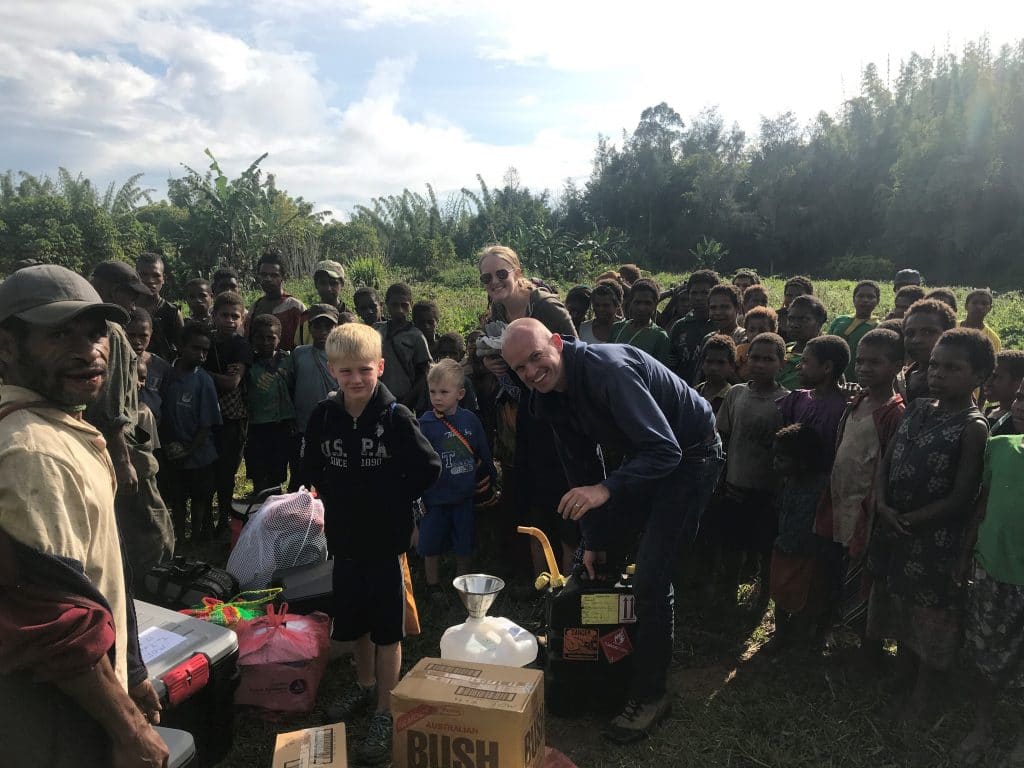
However, this is not usually how the Moe family arrives at Tapen—worn out, tired, possibly injured, and ill-equipped. Because they can travel to Tapen via helicopter. They can arrive with the supplies and equipment they need for their stay and their work. Instead of being exhausted and maybe injured from hours on the road, sea, and trail, they are relatively fresh, ready for life and work among the people they’ve come to serve.
“The demands of PNG’s topography are extreme, but the airplane and the helicopter readily meet the task,” writes Gavin Jones, a helicopter pilot serving in PNG. Aviation service, the transportation backbone in PNG, makes all the difference. And specialized JAARS pre-field orientation and recurrency training—supported by YOU, our faithful and generous partners—prepares the pilots who fly the aircraft and mechanics who maintain them to operate them safely and effectively.
Your gifts to JAARS Aviation Training can ensure that Bible translators and language workers have a timely, safe way to travel to the remote locations where they serve … and that more Bibleless people will soon have God’s Word.
*Based on information provided by Gavin Jones, a helicopter pilot serving in Papua New Guinea and originally published in Centerline.
**The Moe family took an early furlough earlier this year and are currently in the States. They plan to return to PNG to continue their translation work after furlough.



























































